An eye for an eye only leads to more blindness
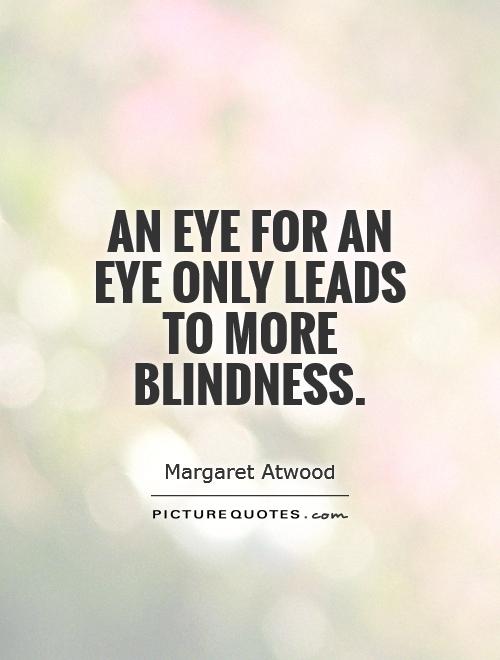
An eye for an eye only leads to more blindness
Margaret Atwood, a renowned Canadian author, is known for her thought-provoking and often dystopian works that explore themes of power, control, and the consequences of human actions. One of her most famous quotes, "An eye for an eye only leads to more blindness," encapsulates a profound message about the futility and destructive nature of seeking revenge.In many of Atwood's works, such as "The Handmaid's Tale" and "Oryx and Crake," she delves into the dark side of human nature and the consequences of seeking vengeance. In these dystopian worlds, characters often resort to violence and retaliation in the name of justice, only to find themselves trapped in a cycle of destruction and despair.
The idea of "an eye for an eye" is a concept deeply rooted in the human psyche, dating back to ancient times and often associated with the concept of justice and retribution. However, Atwood challenges this notion by suggesting that seeking revenge only perpetuates a cycle of violence and suffering, ultimately leading to more harm than good.
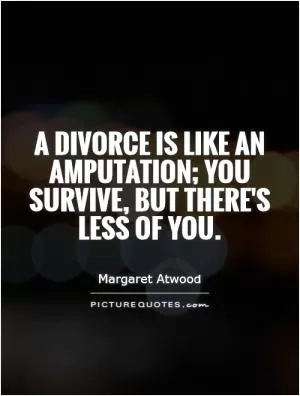
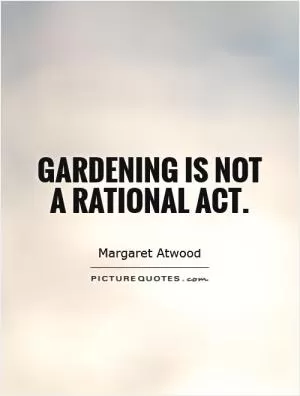
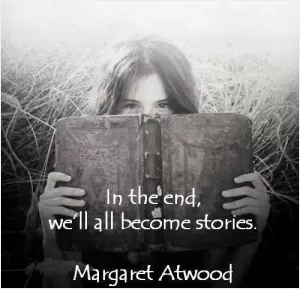




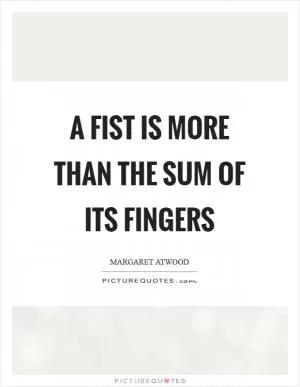
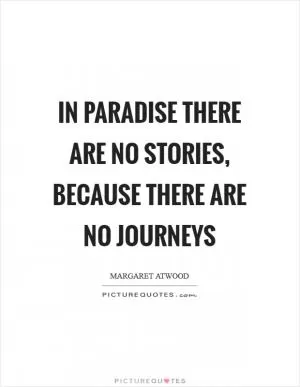
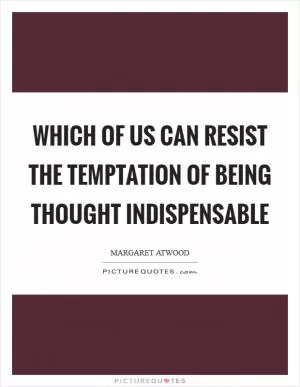
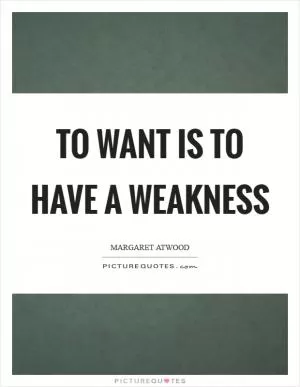
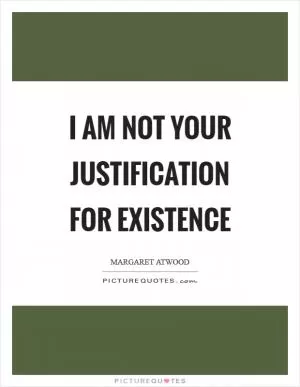
 Friendship Quotes
Friendship Quotes Love Quotes
Love Quotes Life Quotes
Life Quotes Funny Quotes
Funny Quotes Motivational Quotes
Motivational Quotes Inspirational Quotes
Inspirational Quotes